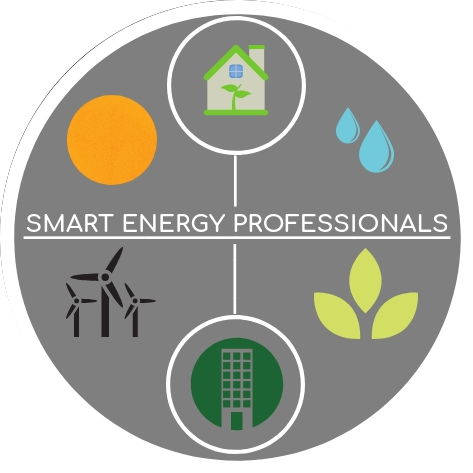Exterior Walls
What’s an Exterior Wall?
Exterior walls are the walls of a building that form the outer boundary, separating the interior living or working spaces from the outside. These walls are designed to provide structural support, protect against weather conditions, and contribute to the overall insulation and energy efficiency of the building.
Exterior walls can be made of various materials, including brick, concrete, wood, metal, or a combination of these materials. They are typically thicker and more robust than interior walls to withstand external forces such as wind, rain, temperature changes, and other environmental factors.
What are some Common problems with exterior walls?
Some common problems with exterior walls include:
Moisture intrusion: Water leaks or seepage through cracks, gaps, or damaged areas can lead to mold growth, rotting, and structural damage.
Insufficient insulation: Inadequate insulation can result in energy loss, poor thermal performance, and higher heating and cooling costs.
Air leakage: Gaps or openings in the exterior walls can allow uncontrolled airflow, causing drafts, energy waste, and reduced comfort.
Cracks and settlement: Over time, exterior walls can develop cracks due to settlement, foundation issues, or building movement, compromising their structural integrity.
Pest infestation: Small cracks or openings in exterior walls can provide entry points for pests like insects or rodents.
Damage from weather elements: Exposure to harsh weather conditions such as rain, snow, wind, or extreme temperatures can cause deterioration, fading, or surface damage to exterior walls.
Poor maintenance: Lack of regular maintenance, such as repainting or sealing, can lead to accelerated wear and tear of the exterior walls.
Structural issues: In some cases, exterior walls may experience structural problems like bowing, bulging, or shifting, requiring attention and repair.
Regular inspections, proper maintenance, and timely repairs are essential to address these issues and maintain the integrity and performance of exterior walls.
The fixes for common problems with exterior walls may vary depending on the specific issue. Here are some general solutions:
Moisture intrusion: Identify and repair any sources of water leaks, seal cracks or gaps, improve drainage systems, and ensure proper waterproofing measures are in place. Infrared imaging is an amazing way to help find these leaks after heavy rain.
Insufficient insulation: Add or upgrade insulation materials such as foam, fiberglass, or cellulose insulation to improve energy efficiency and thermal performance. Infrared imaging is an amazing way to help find missing insulation within wall cavities.
Air leakage: Seal gaps, cracks, and openings with caulk, weatherstripping, or spray foam insulation to prevent uncontrolled airflow. Infrared imaging is an amazing way to help find these leaks after heavy rain.
Cracks and settlement: Evaluate the cause of the cracks, address any underlying foundation or structural issues, and repair the cracks using appropriate methods such as patching or reapplication of exterior finishes.
Pest infestation: Seal entry points and repair any damaged areas to prevent pests from entering the exterior walls. Consider professional pest control if necessary.
Damage from weather elements: Repair or replace damaged sections of the exterior walls, apply protective coatings or sealants and ensure proper maintenance to withstand weather conditions.
Poor maintenance: Regularly clean, repaint, seal, and maintain the exterior walls to prolong their lifespan and prevent deterioration.
Structural issues: Consult with a qualified professional, such as a structural engineer or contractor, to assess and determine the appropriate repair methods for addressing structural problems.
It's important to address these issues promptly to prevent further damage and maintain the overall integrity and performance of the exterior walls. Consulting with professionals in the respective areas of expertise is recommended for accurate assessment and effective solutions.
Check out some rebate amounts below!
Before choosing any insulation, it is recommended to consult with Smart Energy Professionals first so we can assess your specific needs and provide guidance on the most suitable solutions for your project. Schedule an energy audit today or give us a call if you have any questions!


